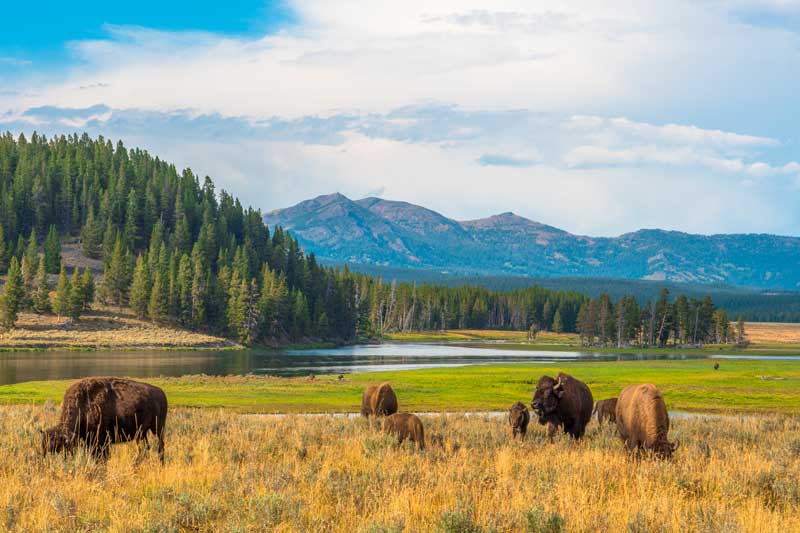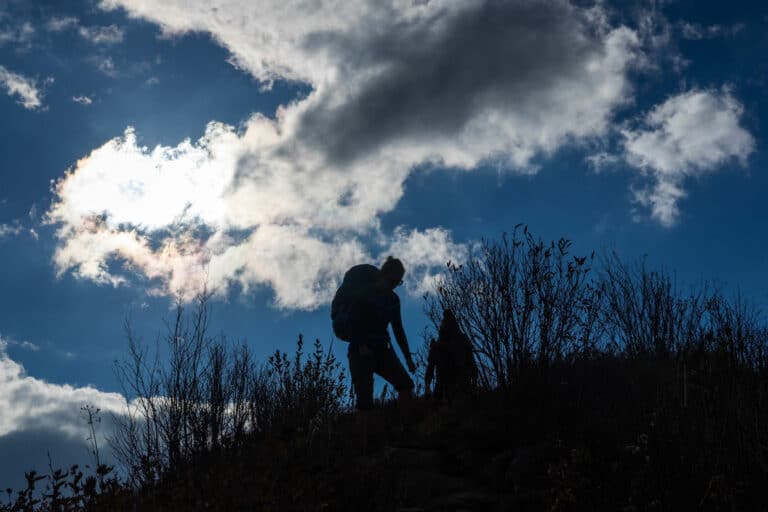Yellowstone National Park considers adding Wi-Fi throughout the park
AccessParks, a company that supplies broadband Internet to remote places, wants to bring Wi-Fi to Yellowstone National Park. The company has teamed up with Xanterra Parks & Resorts, which runs the park’s concessions, in hopes of installing high-speed Internet in buildings and at popular attractions throughout Yellowstone. The company claims that installing Wi-Fi will help more people experience the park for longer periods of time. “When parents can keep up with work for an hour in the evening, the kids benefit from longer stays,” the company says on its website.
The public comment period for this project has closed so stay tuned for the outcome. If the proposal is successful, Yellowstone might be the first of many national parks outfitted with high-speed Internet. “We anticipate that the installation will be expanded in the future to offer the same service to the National Park Service and other concessioners,” the National Park Service said in a statement.
A new report warns of the “unnoticed insect apocalypse”
An analysis conducted by one of the UK’s leading ecologists suggests that half of all insects have gone extinct since 1970 as a direct result of pesticide use and environmental destruction. The analysis also suggests that 40 percent of the 1 million known insect species are also facing extinction.
The report focuses on the UK, where insects have been studied more closely than anywhere else in the world. According to The Guardian, insect population collapse has been documented in Germany and Puerto Rico and the first global study of insect decline, published earlier this year, said widespread declines pose a “catastrophic collapse of nature’s ecosystems.”
World’s largest public bank announces it will no longer lend money to coal and oil companies
The European Investment Bank, the world’s largest international public bank, has announced that it will cut financing to most fossil fuel projects in an effort to become the first ‘climate bank.’ Between 2013 and 2018, the European Investment Bank lent 6.2 million euro every day to fossil fuel companies.
“When the world’s biggest public lender decides to largely ditch fossil fuels, financial markets across the globe will take notice,” said Kate Cahoon, a campaigner with 350.org. Though the gas lobby has managed to negotiate some loopholes into the policy, Cahoon says that the gas projects better take notice of the “growing list of pipelines, terminals and fracking wells that are scrapped thanks to local opposition and the unprecedented masses of people mobilizing for climate justice.”








